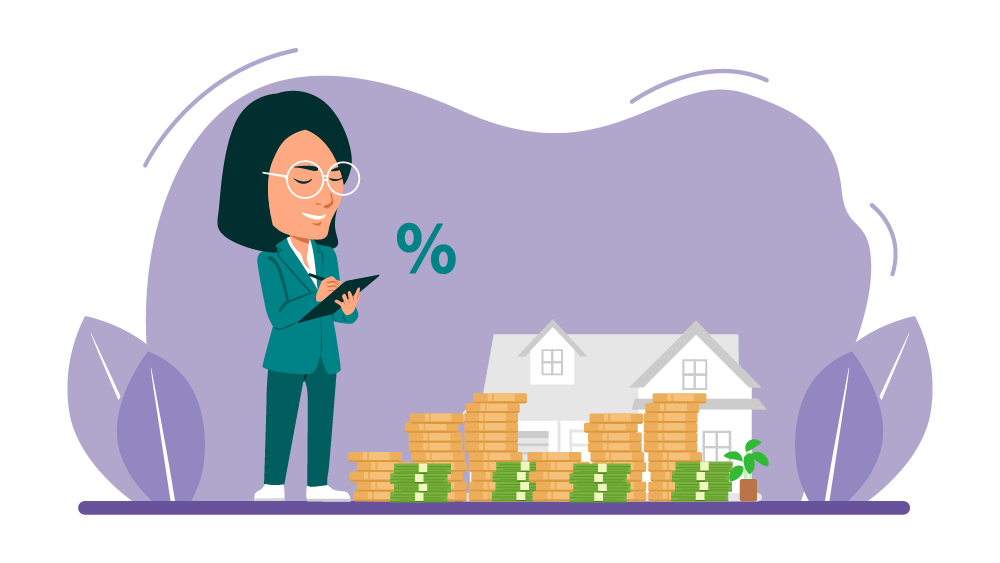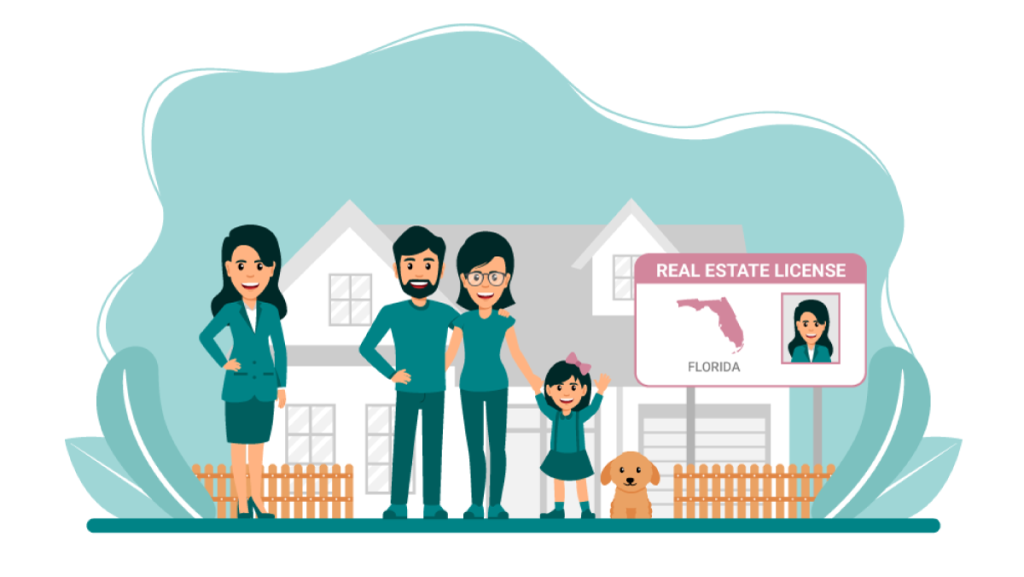It’s not uncommon for people to use the terms real estate taxes and property taxes interchangeably. However, these are not the same thing. They are rather different and it’s necessary to understand the differences.
Real estate taxes and property taxes sound similar. They sound like they should both have something to do with the home you own. However, this isn’t the case. Let’s look at what these are and the key differences.

What are Real Estate Taxes?
According to Investopedia.com, real estate taxes “are annual taxes a homeowner must pay on the assessed value of their house.” This is the type of tax every homeowner must pay. While many homeowners call this property taxes, it’s actually real estate taxes.
The real estate tax rate will vary from one state to another. It will also depend on the value of your home based on the assessment by the county you live in. Some areas have much lower real estate taxes than others.
What are Property Taxes?
Property taxes are actually personal property taxes. Even though many people say property tax when they mean real estate tax, they are not the same thing. Property taxes, according to TheBalance.com, is an annual tax you pay on a movable asset, such as a mobile home, boat, plane, or RV. If you own a business, you might pay personal property taxes on equipment, furniture, appliances, or tools.
Real Estate Taxes vs Property Taxes: The Key Differences
It’s hard to understand that real estate taxes and property taxes are different without adding “personal” to the front of property taxes. Many people use these two terms to mean the tax they pay on their homes or land. However, there are very distinct differences.
The rate you will pay in your state is going to be different on these two taxes. Another difference is what is taxed under both of these terms.
Real estate taxes refer directly to the taxes you pay on your home and land. Property taxes are taxes you will pay on personal property, such as ATVs, RVs, boats, and mobile homes. You might need to pay both of these taxes, depending on what you own.
Typically, real estate taxes are much higher than personal property taxes. You will likely pay several hundred or thousands of dollars for real estate taxes each year. Personal property taxes will be much lower, often under $100.
Property taxes are usually something like the fee you pay to register a car or an RV. These taxes are paid when you get a new license plate for something requiring a license plate. You might be able to pay multiple years at once, too.
Real estate taxes, on the other hand, are assessed each year and you pay them every year from a bill you receive. They also tend to go up over time as your property value goes up. With personal property taxes, it’s common to see the taxes go down, as most items in this category will drop in value over time.
Frequently Asked Questions About Real Estate Taxes and Property Taxes
How are real estate taxes calculated?
The calculation for real estate taxes includes the value of your property, the tax rate, and the assessment rate. The tax rate and the assessment rate will be set by the state and local municipality.
Your real estate taxes will be calculated by taking the assessed value of the home and multiplying it by the state and local real estate tax rates. For example, if you own a property worth $500K and the tax rates are 7.15% for the state and 7.42% for the county, the formula is 500,000 x 0.0715 x 0.0742, which makes your real estate taxes $2,652 for the year.
How are property taxes calculated?
Personal property taxes are handled differently from one state to another. They may even be different from one municipality to another. Typically, the taxes will be based on the assessed value or sales price of the property.
For example, when you purchase a car, the taxes are commonly calculated based on the amount you paid for the car. However, this may vary from one state to another.
Will I have to pay real estate taxes and property taxes?
Most people that own a home will pay both real estate taxes and property taxes. They will pay real estate taxes on the home and land they own. Then, they will also pay property taxes on the vehicles and personal property they own.
There are unique situations where you may pay both, as well. For example, if you own land and you live in a mobile home or RV on that land, you will pay real estate taxes on the land and personal property taxes on the mobile home or RV.
Can real estate taxes or property taxes be lowered?
Yes, in some cases you can lower your real estate taxes or property taxes. If the taxes are based on an assessed value, you can challenge the assessed value. Then, if the new assessed value is lower, your taxes will be lower. However, if the value comes back higher, you will pay more in taxes.
Are there any states without real estate taxes?
No. All 50 states and Washington D.C. charge a real estate tax. However, in some states, you may pay a lower real estate tax rate than in others. Some of the lowest real estate tax rates are found in West Virginia, Hawaii, Alabama, Delaware, and Louisiana. The highest real estate taxes are found in New Jersey, New Hampshire, Texas, Nebraska, and Wisconsin.
There are glaring differences between real estate taxes and property taxes. It’s important to understand these differences. While you might hear people talking about property taxes attached to their homes, they are really talking about real estate taxes.
Now you should better understand the differences between real estate taxes and property taxes. This can help you know what you are paying and better prepare financially for the tax bill.



